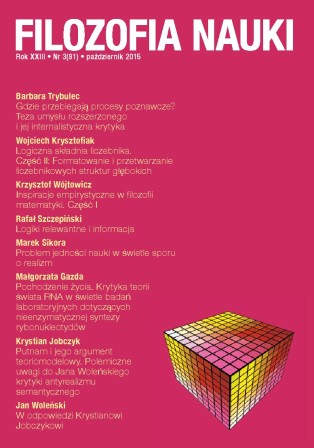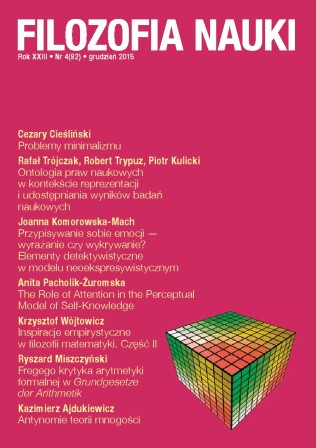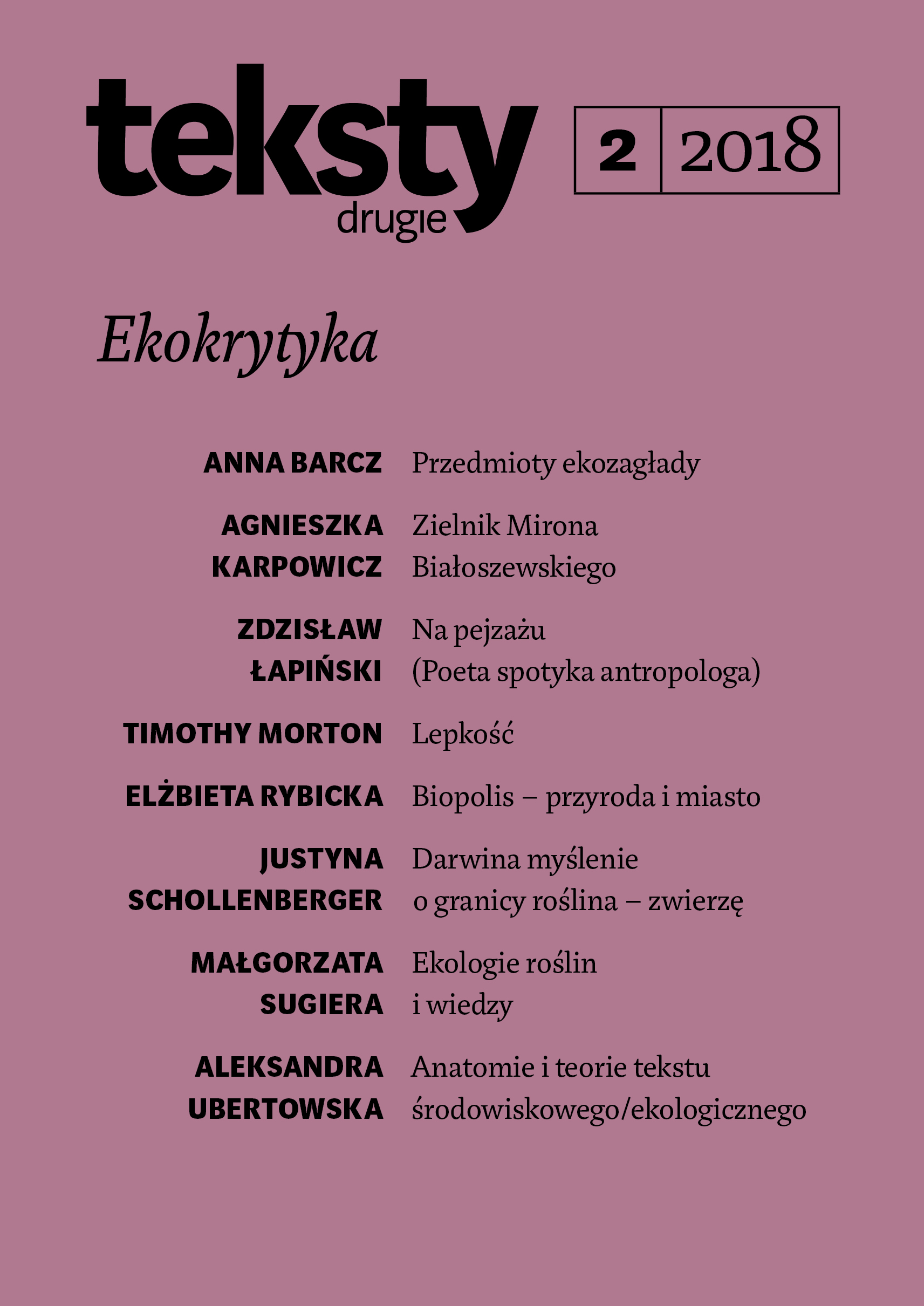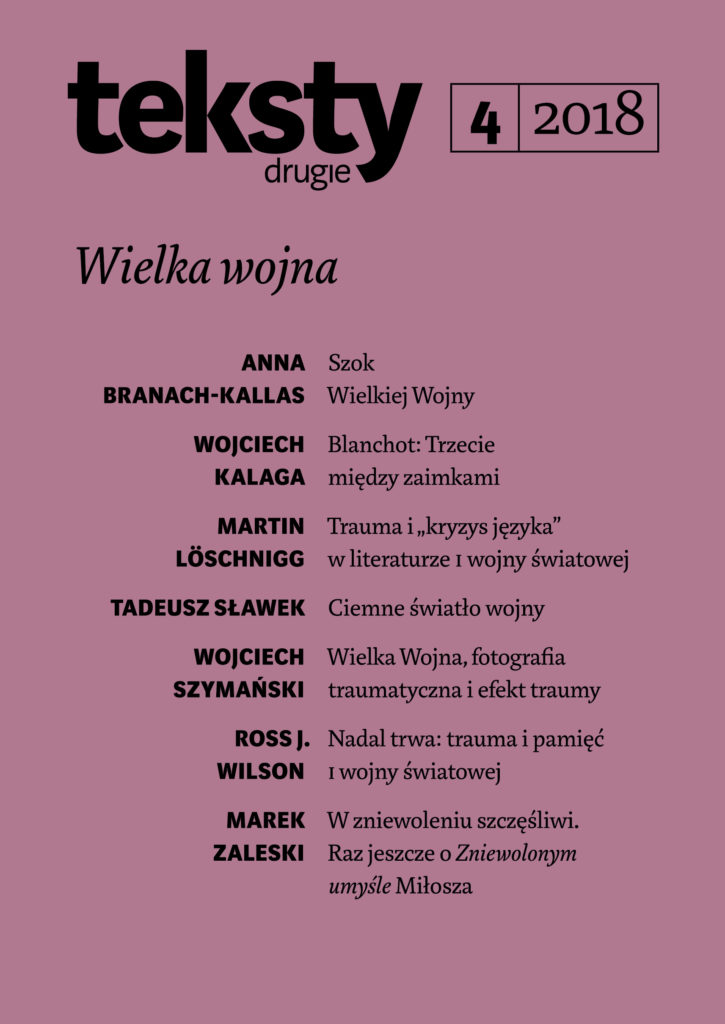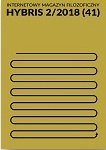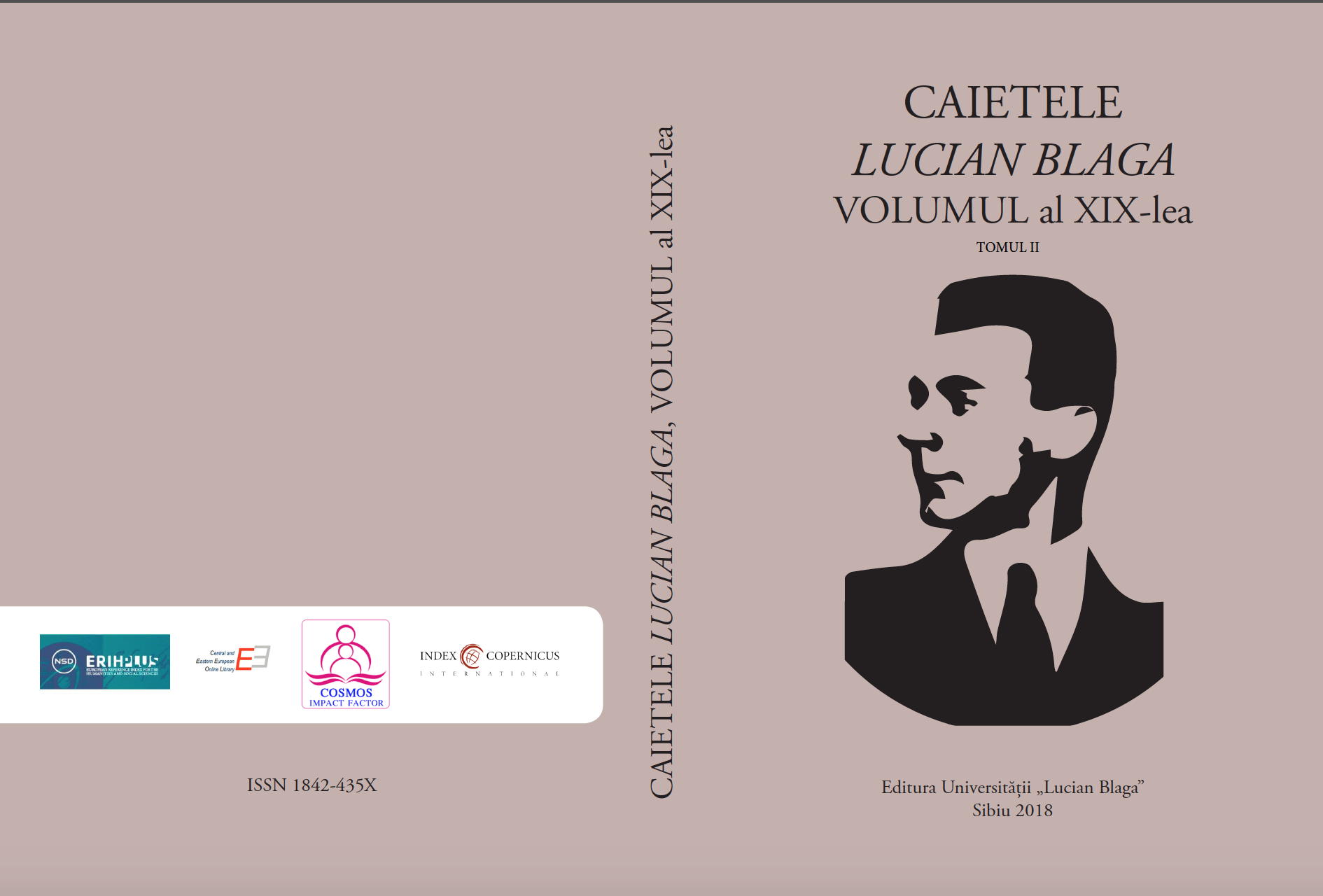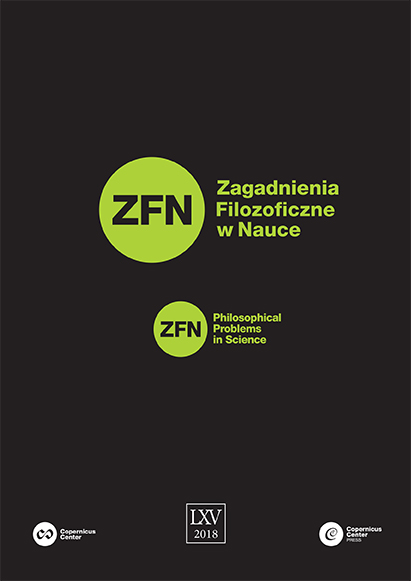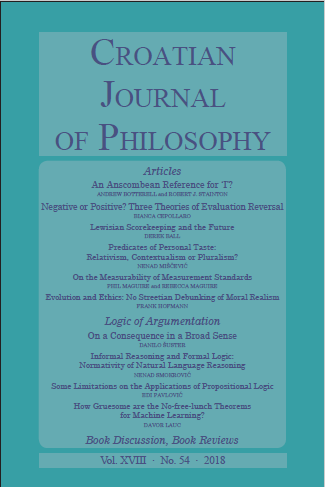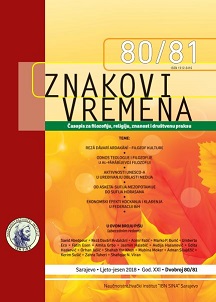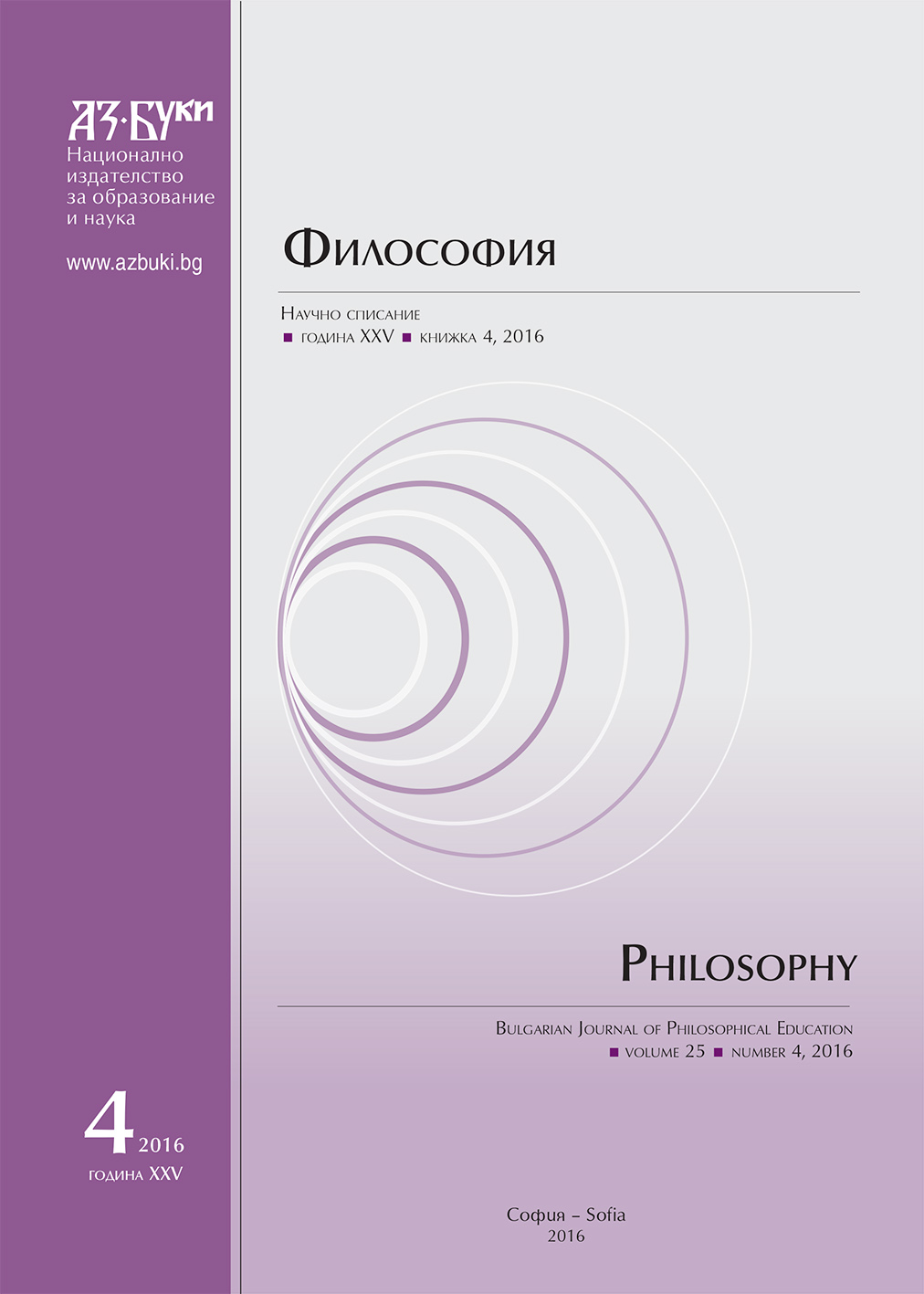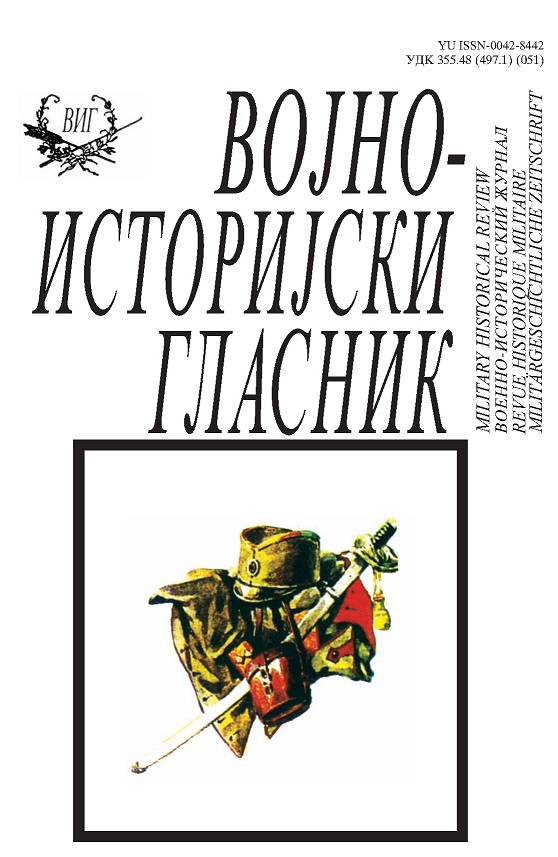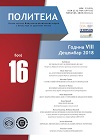Author(s): Ana Bazac / Language(s): English
Issue: 1/2018
The paper continues the philosophical treatment of information, and the first idea/ in fact, the premise is that information is a concept, videlicet constructed in/by the human mind as a result of manifold human experiences, so of the multi-mediated contact of the consciousness with the external world to it. But this constructedcharacterof concepts –here, of the concept of information –raises a problem, put in the paper as the second idea: that of the correspondence of the concept of information with the real world, or in other words, that of the objective character of information. Is there this objective character? Why and how do we arrive at this conclusion, and thus what do we mean by information? The third idea mentioned in the paper is that in parallel with the development of sciences which have demonstrated the objective character of information in the inorganic and non-human living worlds, a vulgar dominant “philosophy” has put its mark on the modern and contemporary worldviews and mentalities: that the social information, given and received by humans, would be as “natural and inevitable” as the objective information in the non-human worlds. But, especially,the social information is – however reflective would it be –subjectively created and decided, not governed by physical laws. Nevertheless, this subjective character of information in the humans’ world does not mean that it is tantamount to moral relativity or taste judgements.And – this is the penultimate idea – since the social information takes place in asymmetrical power Relations subordinated to private restrictive interests, and within which those who control matter also control information, it results that the privately controlled social information producesharmful results: because the private interests subordinate all the human consequences to the hic et nunc/ short term and focusedprivategoals. The private control of Information and Communication Technologies (ICT) has led to informationbombardments of the masses of human beings –considered only as consumers –in order to buy more and more commodities, including IT gadgets,and programmes which make their beneficiaries vulnerable and infantile. The dominant ideology pictures the privately directed information bombardments as progress, equating them with the importance of information and the right to information. Butthe main feature of the information issued from the privately conducted information bombardments is itsquantitative and qualitative excess, leading to what was called a disease produced by information, informatonosis.Therefore, what is important is to distinguish information from quantitative and qualitative noise/trash, and there are criteria for this: the consequences of information and noise/trash.If so, the last moment of the paper is only a reminder of a “solution” given by the ancient philosophy: the concept of measure. This one has remained for the dominant modern and contemporary thinking a marginal and unpleasant memento.But nowadays,to keep measure seems to be a condition of persistence of both the humans and their creation, i.e. information/culture.
More...
